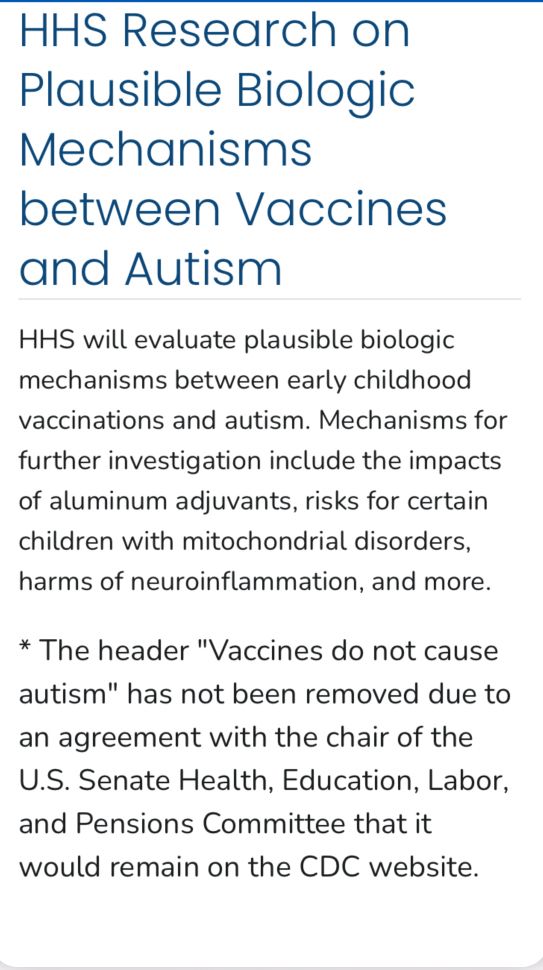
MEG and Python enthusiast.
pug2026.org/submission/
And posters by 31st or March!

pug2026.org/submission/
And posters by 31st or March!
link.springer.com/article/10.3...
My guess is that other online data is going to drop in quality due to LLMs. This is going to be an existential crisis for the behavioral sciences.

link.springer.com/article/10.3...
My guess is that other online data is going to drop in quality due to LLMs. This is going to be an existential crisis for the behavioral sciences.
"Working memory readout varies with frontal theta rhythms"
by the @earlkmiller.bsky.social lab, published in @cp-neuron.bsky.social
www.cell.com/neuron/abstr...

"Working memory readout varies with frontal theta rhythms"
by the @earlkmiller.bsky.social lab, published in @cp-neuron.bsky.social
www.cell.com/neuron/abstr...
If you share a single thing of my lab this year, please make it this competition.
eiko-fried.com/warn-d-machi...

If you share a single thing of my lab this year, please make it this competition.
eiko-fried.com/warn-d-machi...
The data:




The data:
Happy to announce that we have three excellent keynote speakers at Psychology and Brain 2026 in Heidleberg!
Professors Shamay-Tsoory, Schönauer and Allen will cover topics from empathy over memory to interoception!
pug2026.org



Happy to announce that we have three excellent keynote speakers at Psychology and Brain 2026 in Heidleberg!
Professors Shamay-Tsoory, Schönauer and Allen will cover topics from empathy over memory to interoception!
pug2026.org
If you're into social neuroscience, threat learning, or computational physiology — stay tuned!
If you're into social neuroscience, threat learning, or computational physiology — stay tuned!


The CDC is gone. Strike them from your list of reliable purveyors of information.


The CDC is gone. Strike them from your list of reliable purveyors of information.
tl;dr: you can now chat with a brain scan 🧠💬
1/n

tl;dr: you can now chat with a brain scan 🧠💬
1/n
1/8: How do human neurons encode meaning?
In this work, led by Katharina Karkowski, we recorded hundreds of human MTL neurons to study semantic coding in the human brain:
doi.org/10.1101/2025...

1/8: How do human neurons encode meaning?
In this work, led by Katharina Karkowski, we recorded hundreds of human MTL neurons to study semantic coding in the human brain:
doi.org/10.1101/2025...

having run an MEG pipeline by trial and error, I was doubting myself between all parameters. lectures on the analysis steps + hands-on application together were very helpful!
& seeing women on stage sharing what they're excited about just hits different ⭐️


having run an MEG pipeline by trial and error, I was doubting myself between all parameters. lectures on the analysis steps + hands-on application together were very helpful!
& seeing women on stage sharing what they're excited about just hits different ⭐️


#Decoding studies often rely on training in one (visual) condition and applying it to another (e.g. rest-reactivation). However: How well does this work? Show us what makes it work and win up to 1000$!
#Decoding studies often rely on training in one (visual) condition and applying it to another (e.g. rest-reactivation). However: How well does this work? Show us what makes it work and win up to 1000$!

For every uncorrected p value you must add an extra letter to the claim.
“Eating chocolate maaaaaaaaay be associated with lower rates of stroke”
For every uncorrected p value you must add an extra letter to the claim.
“Eating chocolate maaaaaaaaay be associated with lower rates of stroke”
Break-even, where more money is paid out than burned by the process, is ~2 months time investment per application (assuming only few admin/review/non-submitted efforts).
Uncomfortably close to predatory territory: doi.org/10.1111/imcb...
Break-even, where more money is paid out than burned by the process, is ~2 months time investment per application (assuming only few admin/review/non-submitted efforts).
Uncomfortably close to predatory territory: doi.org/10.1111/imcb...
Memory beyond synaptic plasticity - are there alternatives? Some thoughts and ideas from my favorite blog. Was an thought-provocing read, albeit I'm not convinced by all things said.

Memory beyond synaptic plasticity - are there alternatives? Some thoughts and ideas from my favorite blog. Was an thought-provocing read, albeit I'm not convinced by all things said.
www.biorxiv.org/content/10.1...

www.biorxiv.org/content/10.1...

Ok, not *that* kind of mind reading, but we have created a deep learning method capable of using single neuron recordings from people watching episodes of TV that can predict when they recall specific memories from the episode. 1/6

Ok, not *that* kind of mind reading, but we have created a deep learning method capable of using single neuron recordings from people watching episodes of TV that can predict when they recall specific memories from the episode. 1/6
#compneuro #neuroskyence
www.pnas.org/doi/10.1073/...

#compneuro #neuroskyence
www.pnas.org/doi/10.1073/...

